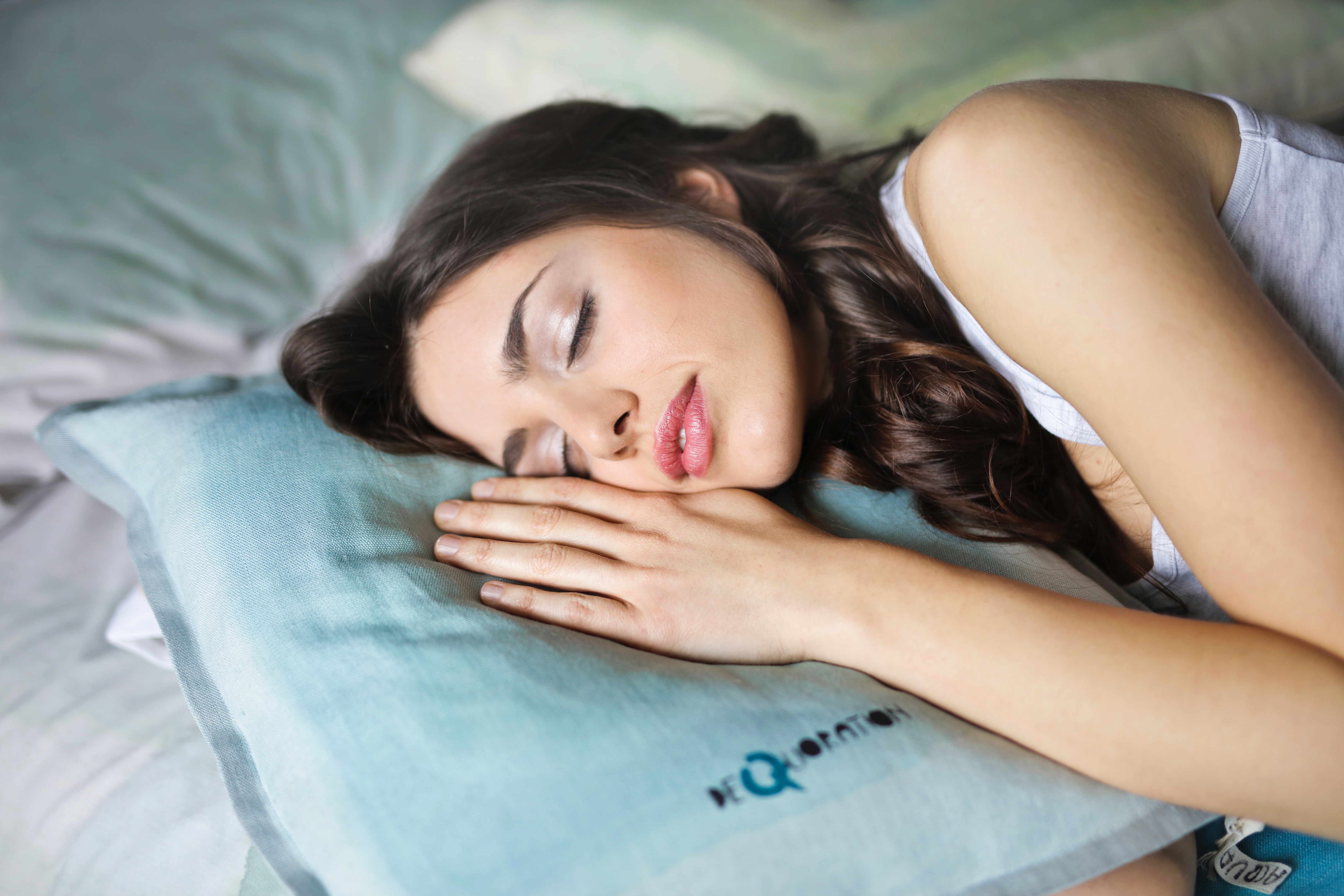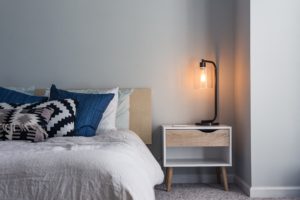
From Counting Sheep To Sound Asleep: Tips To Solve Sleepless Nights
Licensed Clinical Psychologist Eric An in Los Angeles, CA offers some tips to help you conquer sleep problems.
Does it seem like every time you go to bed, your mind is suddenly flooded with thoughts? Maybe that mental checklist pops up again with things you need to review. You toss and turn hoping to eventually fall asleep. But, you just can’t sleep! You check the time, get more frustrated, and think my day tomorrow is going to be terrible. Many things can impact your sleep, including anxiety and depression. In fact, sleep problems and depression commonly occur together. Certain medications can also rob you of a good night’s sleep.
So, how do you solve sleep problems? The good news is that most sleep issues can be significantly improved. Sometimes, all that it takes is just a few simple adjustments to your bedtime habits. I’ll walk you through three important tips to help you manage sleep problems. By the end of this article, you’ll learn some practical steps that you can start tonight to help you fall asleep better.
#1. PRACTICE GOOD SLEEP HYGIENE
These are the ABCs for increasing the likelihood of sleep. The basic idea is to reduce any stimulation before bedtime. If you’re meeting these items, you can move onto the next tip below.
- Make your bedroom environment sleep-friendly. There are several ways that you can make your environment more comfortable. First, turn the thermostat down. The ideal temperature for sleep is slightly cool at between 60 and 67 degrees Fahrenheit. Next, make sure you have clean sheets and pillowcases. Having clean bedding helps rid the space of dust mites and other allergens that can interrupt sleep. Also, reduce outside noise by either using a noise machine or a pair of sleep earplugs.
- Avoid substances (alcohol, caffeine, and nicotine) and heavy meals before bedtime. Alcohol is great for inducing sleep but wakes you up at night while it’s getting metabolized. Caffeine, even if you don’t feel the effects, remains in your body for a few hours. Aim to have your last cup of joe about 4 hours before your bedtime. Heavy meals close to bedtime may lead to indigestion and reflux during the night.
- Avoid vigorous exercise about 4 hours before bedtime. Exercise elevates your core temperature and may interfere with the regular drop in body temperature that supports sleep at night.
#2. UN-CONDITION YOUR BED AS A PLACE FOR SLEEP PROBLEMS
Our brain makes associations all the time. Under the radar, your brain might have conditioned your bed as a place of unrest, stimulation, and even frustration. Follow these strategies to increase sleep efficiency.
- Go to bed only when sleepy —not just fatigued or tired. If you find yourself wanting to lie in bed when you are not really tired, it could be a sign of depression. Since sleep problems and depression go hand-in-hand sometimes, it is a good idea to talk to a therapist if you find yourself sleeping too much. To make yourself go to sleep easier, go to bed and wake up at the same time every day and avoid taking daytime naps.
- Use the bed and bedroom only as a place for sleep (or sex). Watching TV or doing other stimulating activities on the bed leads your brain to associate your bed as a place of wakefulness.
- If you’re unable to sleep within 15 minutes, get out of bed! Continuing to stay in bed while tossing and turning leads your brain to associate your bed as a place of restlessness and frustration. Instead, try something relaxing and non-stimulating off of your bed and return to bed only when sleepy.
#3. CALM YOUR MIND
That 100 mph brain that fires off the moment your body gets in bed may likely be a conditioned response. Try these strategies to break the cycle of racing thoughts.
- Schedule a bedtime ritual to unwind and relax 30-60 minutes prior to reasonable sleep time. Begin by dimming or turning off lights to initiate your body’s natural production of sleepiness hormones (melatonin). Exposure to blue light from TV and phones can suppress this production. So, don’t get on your phone or tablet. Instead, spend this time doing something relaxing and non-stimulating. Good examples of relaxing activities include taking a hot bath or shower, reading a boring book, gentle stretching exercises, or meditation.
- Before your scheduled bedtime ritual, designate a “worry” time where you write down all the things you’re concerned about. Remind and reassure yourself that you’ll address these items after you wake up since it’s all written down.
- Redirect your attention to the here and now. Sometimes it’s helpful to pay close attention to the sensations of your breathing (e.g., noticing your belly expanding and deflating; noticing the temperature change of air entering and leaving your nostrils). When racing thoughts come back, imagine the thoughts floating away like clouds — or some other visual metaphor that works for you —and return to paying attention to your breathing.
ARE SLEEP PROBLEMS COMMON?
If you are struggling with getting a good night’s rest, you are not alone. More than 30 percent of people in the U.S. have trouble sleeping. The tips above are all backed by scientific evidence. Try these steps and see your sleep improve dramatically. But if you’re still feeling stuck, that’s where I can help. Sometimes underlying issues can be the cause of insomnia. For example, sleep problems and depression commonly occur together. Addressing those issues can help resolve sleep problems. So, if you experience chronic sleep problems, give us a call and talk to one of our downtown Los Angeles therapists today.


